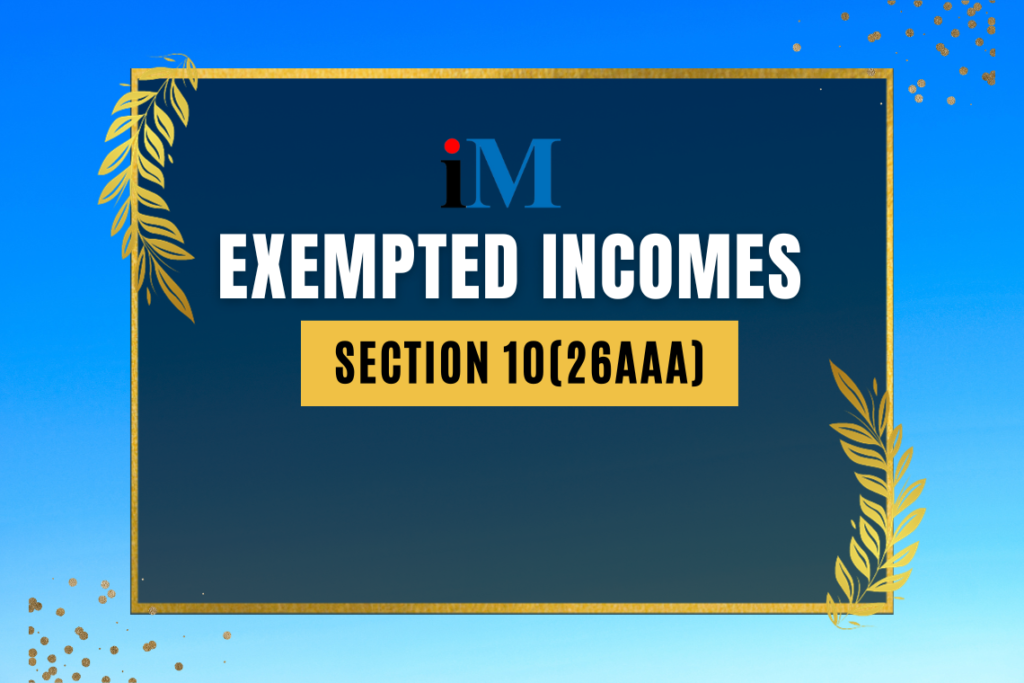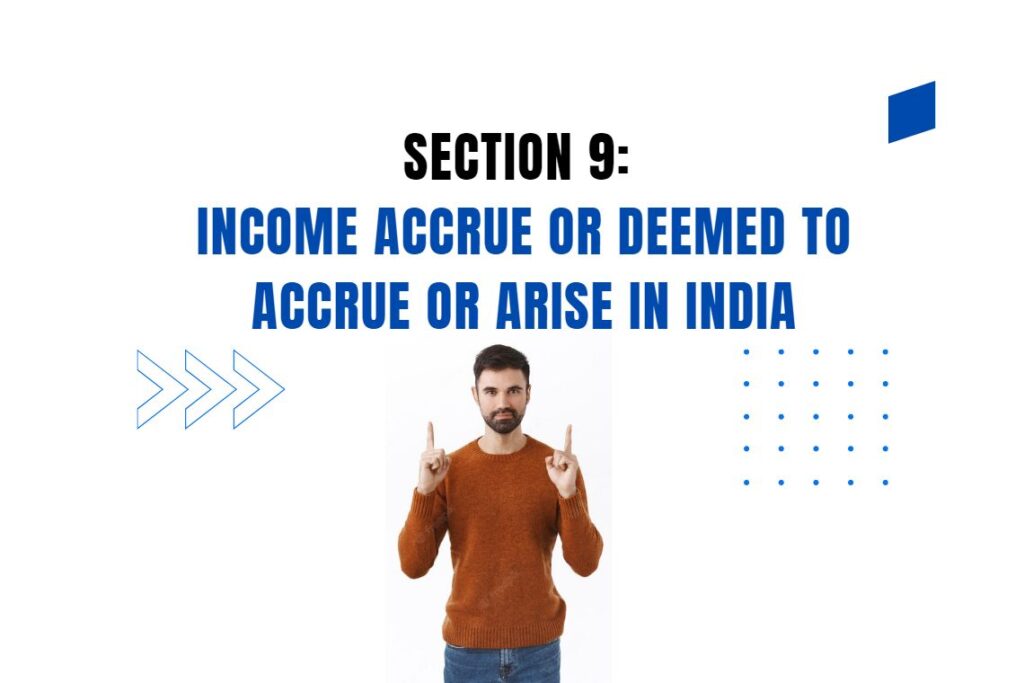Income tax laws can be complex and confusing, especially when it comes to understanding the various exemptions and deductions available for different categories of individuals. One such category is that of Sikkimese individuals, who enjoy certain benefits under Section 10(26AAA) of the Income Tax Act.
Section 10(26AAA) provides for exemption of income earned by individuals who are residents of Sikkim. This special provision is aimed at promoting the development of the state and providing financial relief to its residents.
Who qualifies as a Sikkimese individual?
According to the Income Tax Act, an individual is considered a Sikkimese if:
- He/she is a resident of Sikkim
- He/she belongs to the Scheduled Tribe category as per the Constitution (Scheduled Tribes) Order, 1950
- He/she holds a valid Sikkim Subject Certificate
- Their name was recorded in the Register of Sikkim Subjects immediately before the 26th day of April, 1975.
- Their name was included in the Register of Sikkim Subjects by virtue of the Government of India Order No. 26030/36/90-I.C.I., dated the 7th August, 1990 and Order of even number dated the 8th April, 1991.
- Their name does not appear in the Register of Sikkim Subjects, but it can be established beyond doubt that the name of their father, husband, paternal grandfather, or brother from the same father has been recorded in that register.
If an individual fulfills these criteria, he/she can avail the benefits under Section 10(26AAA) and claim exemption for certain types of income.
Types of income exempted
Under Section 10(26AAA), the following types of income are exempted for Sikkimese individuals:
- Income from any source in Sikkim
- Income from any source outside Sikkim, if it is derived from any business, profession, or vocation carried on by the individual in Sikkim
- Income from any source outside Sikkim, if it is derived from any employment exercised by the individual in Sikkim
It is important to note that the exemption is available only for income earned by the individual and not for income earned by any other person, such as a family member or spouse.
Procedure for claiming exemption
To claim exemption under Section 10(26AAA), a Sikkimese individual needs to:
- Mention the exempted income in the income tax return
- Provide necessary supporting documents, such as the Sikkim Subject Certificate, to establish eligibility
- The taxpayer must file a return of income with the Income Tax Department and submit proof of their Sikkimese status.
It is advisable to consult a tax professional or seek guidance from the Income Tax Department for proper filing of the income tax return and availing the exemption.
Exceptions to Exemptions:
However, the exemption is not available for income from the following sources:
- Interest income on securities other than those issued by the Government of India or the Government of Sikkim.
- Dividend income from companies other than those incorporated in Sikkim.
- Rental income from immovable property located outside Sikkim.
- Income from any business activity carried on outside Sikkim.
Conclusion
Section 10(26AAA) of the Income Tax Act provides a beneficial provision for individuals who are residents of Sikkim. By exempting certain types of income, it aims to support the development of the state and provide financial relief to its residents. If you are a Sikkimese individual, make sure to understand the eligibility criteria and the procedure for claiming exemption to optimize your tax benefits.



![Residential Status [Sections 5 to 9B]](https://incometaxmanagement.in/wp-content/uploads/2023/09/Residential-Status-Sections-5-to-9B-1024x683.jpg)

![EXEMPTED INCOMES [Section – 10, 10AA, 11 to 13A]](https://incometaxmanagement.in/wp-content/uploads/2023/09/Exempted-Incomes-Section-10-1024x683.jpg)

![Income of an Electoral Trust shall be Exempt [Section 13B]](https://incometaxmanagement.in/wp-content/uploads/2023/10/61-Exempted-Incomes-Section-13B-1024x683.png)
![Incomes of Political Parties [Section-13A]](https://incometaxmanagement.in/wp-content/uploads/2023/10/60-Exempted-Incomes-Section-13A-1024x683.png)
![Special Provisions in respect of Newly-established Units in Special Economic Zones (SEZ) [Section-10AA]](https://incometaxmanagement.in/wp-content/uploads/2023/10/59-Exempted-Incomes-Section-10AA-1024x683.png)
![Exemption in respect of income chargeable to Equalization Levy [Section 10(50)]](https://incometaxmanagement.in/wp-content/uploads/2023/10/58-Exempted-Incomes-Section-1050-1024x683.png)
![Income of a Developmental Financing Institution (DFI) to be Exempt [Section 10(48E)]](https://incometaxmanagement.in/wp-content/uploads/2023/10/57-Exempted-Incomes-Section-1048E-1024x683.png)